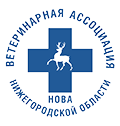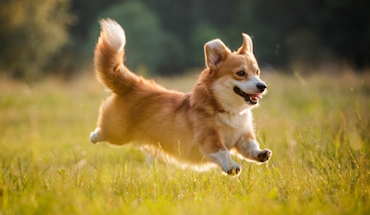21 августа состоялось очередное заседание Технического комитета 140 «Продукция и услуги для непродуктивных животных», организованного по инициативе СПЗ еще в 2010 году. В заседании, которое было посвящено внесению изменений в ГОСТ Р 56928-2016 «Животные непродуктивные. Термины и определения», принял участие 21 член комитета.
ГОСТ Р 56928-2016 вступил в силу еще 1 ноября 2016 года. При этом за последние годы в отрасли появились важные документы федерального и межнационального уровня. Вышел Федеральный закон от 27 декабря 2018 г. N 498-ФЗ «Об ответственном обращении с животными», продолжается разработка технического регламента ЕАЭС «О безопасности кормов для непродуктивных животных». В результате национальный стандарт нуждается в корректировке, чтобы соответствовать положениям этих документов.

